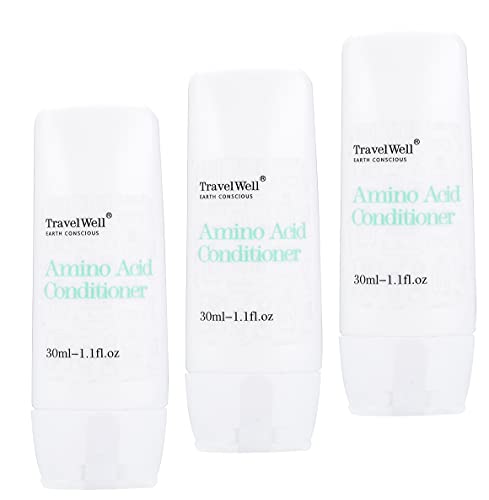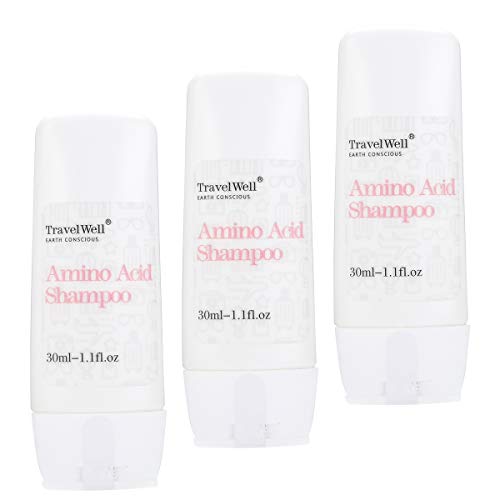Keeping the credit card until arrival is fine - Swirt has seen the options we have in Rezo GT - they will be mimicked in Weber - so you choose to keep it, or delete it automatically either X days after taking it, or X days after checkout, etc. We let the innkeeper choose.
I thought we sent out a notification last week - but I will be checking. If we did not, then that was a mistake on our part.
From what I know, CVV should not impact your rate - but processors can give you whatever rate they want in reality - they choose when to downgrade, whether low or mid-qual applies, etc. That is why we only use Tom W and Intuit - both are VERY honest and have the best rates. Here is one article from Braintree on CVV:
[h1]CVV2 Does Not Affect Credit Card Rate Qualification[/h1]Posted on Friday, April 04, 2008 by Bryan Johnson
Most merchants mistakenly believe that processing a cardholder's three or four digit value (CVV2, CVC2 or CID)
for a card not present transaction (e.g. ecommerce) will help qualify for lower credit card rates. The CVV2 value is only valuable to protect against credit card fraud and has nothing to do with rate qualification. These three and four digit codes aremost often confused with Address Verification Service (AVS) which can be used to qualify for lower credit card rates.
CVV stands for Card Verification Value and was introduced by MasterCard in 1997 and Visa in 2001. For swiped transactions, the value is referred to as CVV1. Each of the card brands has its own acronym:
Visa: CVV2 - Card Verification Value MasterCard: CVC2 - Card Validation Code American Express: CID Unique Card Code (and 4 digits) Discover: CID Card Identification Number
Merchants are able to configure payment processing systems to accept or decline transaction requests based upon the match or mismatch of CVV2, CVC2 orCIDinformation. So for example, if a merchant creates a rule to decline all transactions where the CVV2, CVC2 orCIDvalue does not match, the authorization request could be successful with the issuing bank, but the transaction will be denied by the merchant. Even though the transaction was denied by the merchant, the consumer's card will still be authorized.
PCI DSS Compliance prohibits merchants from storing the CVV2, CVC2 or CID values. For recurring billing, merchants can accept and validate the code during the initial authorization but cannot store it for additional transactions. After the initial validation, there really is no value in storing it.
Another link on this: http://www.straightpassthrough.biz/what-is-up-with-the-cvv2-code/.







![Bed & Breakfast Tracker Plus [Download]](https://m.media-amazon.com/images/I/51m1WPxMV7L._SL500_.jpg)












![Bed & Breakfast Tracker Plus for Mac [Download]](https://m.media-amazon.com/images/I/51iSnnH5vmL._SL500_.jpg)









